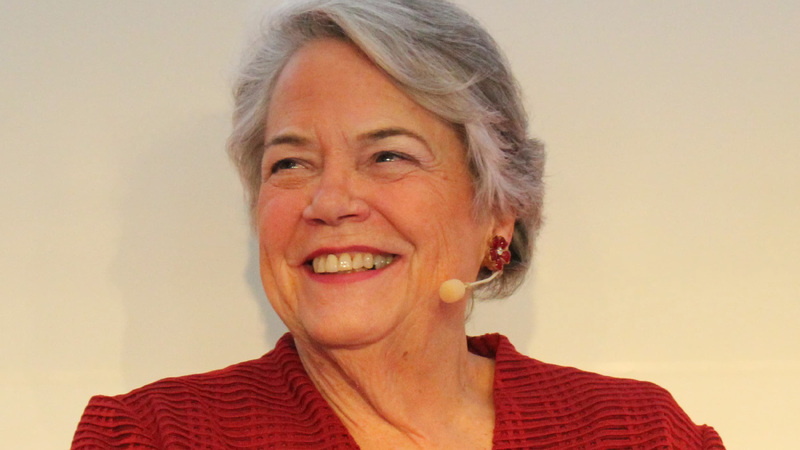You are viewing your 1 free article this month. Login to read more articles.
UK must use its EU influence 'while it can', say creative industries
The creative industries need to make the most of the UK's voice and influence in discussions over the digital single market and copyright framework while it "still has a seat at the table", and exploit the "major opportunities" of non-EU export markets, representatives of the industries have said.
Speaking at a joint meeting last week of the Publishing and Intellectual Property All Party Parliamentary Groups on the digital single market and Brexit, representatives of the publishing, audio visual and music industries gave their thoughts on the UK’s post-Brexit trading relationship.
John McVay, chair of the Creative Industries Council, presented a paper on the creative industries priorities post-Brexit. The paper highlighted that 57.5% of the creative industries' service exports go to non-EU countries, thus there are "major" opportunties to expand trade across the globe.
Susie Winter, director of policy and communications at the Publishers’ Association, supported this claim by saying that revenues for UK publishers in 2015 were £4.4bn and that 40% of that revenue came from exports. Of that 40%, only 35% came from Europe, while 65% was from the rest of the world.
"While we are very interested and engaged with the conversations around what our future relationship is going to be with Europe and European member states, we’re also very interested in the discussions government is going to be having around the trade deals with the rest of the world", Winter said. "We’ve got very strong growth markets in the Middle East, North Africa, East and South Asia, South America – these are markets that we’re very keen to ensure are there in [the minds of government] when they’re discussing which trade negotiations and which trade deals they’re going to do first. And obviously North America is hugely important in that."
McVay agreed, and added that government can help the creative industries grow these markets regardless of Brexit negotiations: "Growing our markets elsewhere is even more important [than growing in Europe]. We can do that now, we don’t have to wait for Brexit or whether it’s hard or soft, the government can help us do that right now".
Winter also said that publishers are "crying out" for some assurances from government about freedom of movement following Brexit as this will have a direct impact on publishers, considering that 10% of the UK publishing workforce comes from the EU which is almost twice the national average (5.6%).
The representatives also voiced their concerns that the loss of UK influence and UK voice in conversations regarding the digital single market and copyright framework could be "quite damaging for our industries".
Winter said: "With the initial conversations we’ve been having particularly around text and data mining and education exceptions conversations, the UK voice has been really important in pushing Europe into a position that actually reflects what we’ve got in the UK at the moment. There are still tweaks and issues we need to iron out but on the whole that voice is being really important. It’s always been a good strong balanced voice in those deliberations around copyright. I think if we do lose that influence, it will potentially be quite damaging for our industries".
Stan McCoy, president and managing director at Motion Picture Association, discussed market access and cited the example of the US, which is not a member of the EU, but has been able to negotiate favourable market access terms.
“It's not the end of market access [for the UK], but there is an urgent need to formulate a new solution for market access”, McCoy said.
He added: “Senior French diplomats in Brussels are obsessed with the moral hazard of Brexit now, the danger of cutting a good deal for the UK and what that implies for the rest of the membership of the EU. If you can get a good deal by being out, then they’re frightened to death that they’ll lose a lot of others. So the big challenge for the UK is to work past that dynamic and get into a more pragmatic conversation about structuring a future relationship that takes account of the unique and continuing economic relationship that will exist between the UK and the EU.
"The UK still has a seat at the table now [regarding conversations about copyright and the digital single market] and the thing that many of us have urged very urgently across a variety of sectors is that seat has to be used to its maximum advantage while the UK is still at the table because this is going to shape the revenue potential of the [the EU export market]. The unifying point for [all sectors] is that there is still a chance to influence discussions on DSM if we keep hammering the point with the government that we need to use [our voice] to maximum advantage [while we still can]."
The representatives also called on the government to hold a debate on how leaving the EU will affect Britain’s creative industries.


















